 If you are still unsure of what classes to take this coming year, and your interests lie in civic engagement, activism, social justice, and environmental protection, take a peek at the following list for the Fall’s courses. All of these courses offer the opportunity to see where environmental activism links to other important movements working for protections in our political systems.
If you are still unsure of what classes to take this coming year, and your interests lie in civic engagement, activism, social justice, and environmental protection, take a peek at the following list for the Fall’s courses. All of these courses offer the opportunity to see where environmental activism links to other important movements working for protections in our political systems.
Fall 2017:
ENV 110/HIST 170- Environmental Humanities
This course focuses on place-based knowledge, land ethics, indigenous knowledge, and traditional ecological knowledge, to social change, justice, narrative conventions, and connections with science and technology including contributions from indigenous and local communities. Primary source analysis will include literature, historical texts, and visual works.
HIST 128/PJS 128 – Civil Rights Movement
This course examines the modern Civil Rights Movement in the United States and its impact on race relations, politics, society, and culture. Topics discussed during the semester include debates over non-violence vs. self-defense; integration vs. separatism; protest vs. politics; Martin Luther King vs. Malcolm X. The movement’s geographic, racial, and ideological diversity will also be explored, as will the evolution from civil rights to Black Power.
PJS 0099 -Internship- Social Change
This course utilizes supervised fieldwork in a wide range of community, peace, justice, and social change organizations. Readings, guided group discussions, and written reports integrate analysis and experience. Recommendations: PJS 1, one intermediate course each from core areas A through D, and one intermediate course from core area E which may be taken simultaneously.
PJS-0135/AMER-0050-01/SOC-0135-01 – Social Movements
This course analyses circumstances under which organized efforts by the powerless to affect history are attempted. The course studies the motivations, processes, and impact of social movements and reviews major perspectives in the field. Selected use of films to illustrate major themes.
ENVS 195-01/FMS 94-04/TCS 94 – Media and Environment: CREATING CHANGE
Now, more than ever, the environment needs engaged informed and skilled advocates. This class will explore current issues ranging from the Dakota Pipeline, to deforestation, to pollution of the oceans, to climate change, and give you ways to sharpen your skills to use the media for getting out effective and targeted messages. We’ll be bringing in a diverse group of important environmental advocates, organizers, filmmakers and journalists as guest speakers who will tell their stories of creating environmental awareness and change. Our focus includes the powerful role media can play in giving voice to underrepresented voices and illuminating issues of environmental justice. Learn to make a difference in local, national and global communities on the environmental issues that are most pressing.
SOC 0111/PJS 0111 – Making Social Change Happen
Social change and social justice work often begins at the local level. Historic struggles of workers, racial-ethnic groups, women, immigrants, low income people, and others started in local communities. This course focuses on theories and practices of community-based activism and local grassroots organizing. Why and how do people organize? What are the limits and potential of grassroots organizing? How do grassroots efforts connect to larger social change and to politics?
PS 099: Fieldwork in Politics: Fieldwork in Local Government
Internship placements with such employers as legislators, campaigns, news media, lobbies, law firms, and administrative agencies. Twelve to fifteen hours of work per week. Written assignments, with supporting readings, on organizational structure, goals and strategies, and occupational socialization.
This spring the following courses were offered, so keep an eye out for them when registering for classes next spring!
Spring 2017:
English/ENV 160 Environmental Justice and World Lit
Who is most hurt by environmental degradation and abuse and who benefits? In this course we’ll examine what contemporary world literature has to say about environmental racism, ecofeminism, toxic colonialism, homophobia and the social construction of nature, globalization, food justice, and urban ecological issues. We will ask: What is the role of art in the struggle for social change?
This course meets a number of articulated English Department objectives, especially in its emphasis on critical thinking, historical and socio-political contexts, and diverse aesthetics. Above all, the goal of this course is empowerment for social change. How can each of us participate as a change agent in the struggle for environmental justice, locally and globally? How can our understanding of literature contribute? Group work, a field trip, one paper, and active class discussion will be important parts of the course.
PS 108: Public Opinion and US Democracy (M)
Addresses the impact of public opinion in the United States on the political process and vice versa. Emphasis is on the linkage between U.S. citizens and the democratic process. Examines what public opinion is and debates about how it can be measured. Topics include the nature of attitude formation, stability and change; the role of the media in opinion-formation; the link between attitudes and behavior; group differences in opinions; how elites influence mass opinions; political inequality; polarization; and the relationship between public opinion and policy outcomes. Requires the completion of any PS foundation course (PS 11, 21, 41, 42, or 61).
PS 118-02: Organizing For Social Change
This course will trace community organizing to some of its early roots in the United States, as well as drawing connections between community organizing and other movements, including the labor, civil rights, and environmental movements. Presentations and discussions with other Boston area community organizers will be included as will be opportunities to visit with and observe local community-based organizations.
PS 118-03: Massachusetts State Government: Learning While Doing
Students will be placed in one of a dozen State House offices—for a legislator, committee, in the governor’s office, or for an executive branch agency—to serve in a policy-focused internship. These experiences will be supplemented with a class built around discussion of shared experiences, as well as on the interplay between policy and politics. The primary goal is for 3 students to develop real world skills and a deeper understanding of how politics and policy intersect to create law, regulatory programs, and social change.


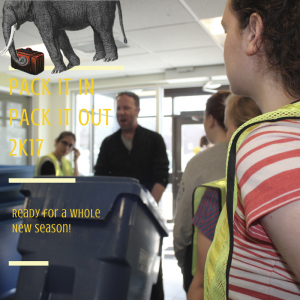 Tufts’ move out team had a strong season in 2016, demonstrating great team work and drive. The program came to us with the new name Pack-A-Dorm, a play on the Tufts Jumbo mascot, the name is easier to remember and reminds residents to pack, not chuck! This program aims to divert as much waste as possible from the landfill as recycling or donations. Social media and video content helped to promote the team’s efforts in informing the community about move out.
Tufts’ move out team had a strong season in 2016, demonstrating great team work and drive. The program came to us with the new name Pack-A-Dorm, a play on the Tufts Jumbo mascot, the name is easier to remember and reminds residents to pack, not chuck! This program aims to divert as much waste as possible from the landfill as recycling or donations. Social media and video content helped to promote the team’s efforts in informing the community about move out.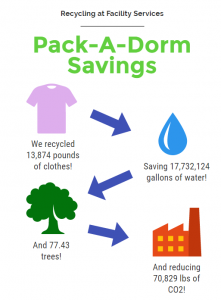

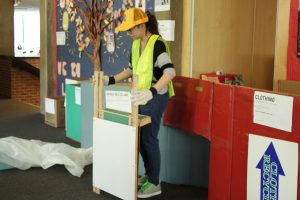
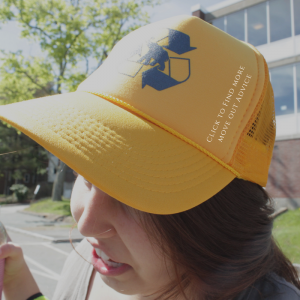
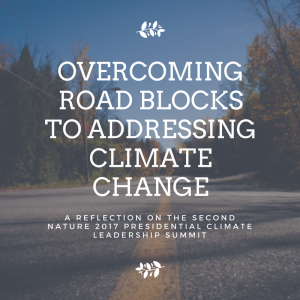

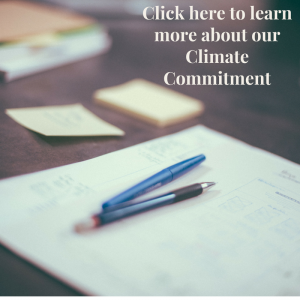
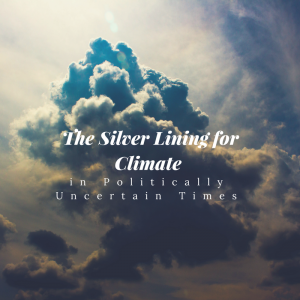
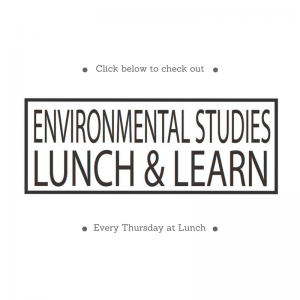
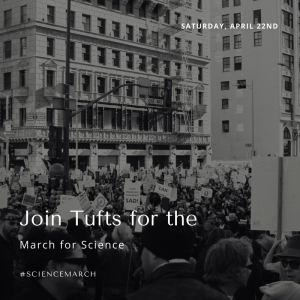
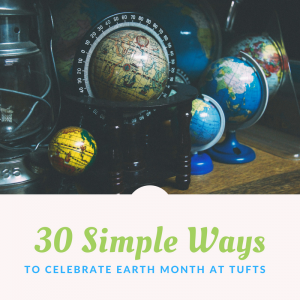

Find Us On Social Media!